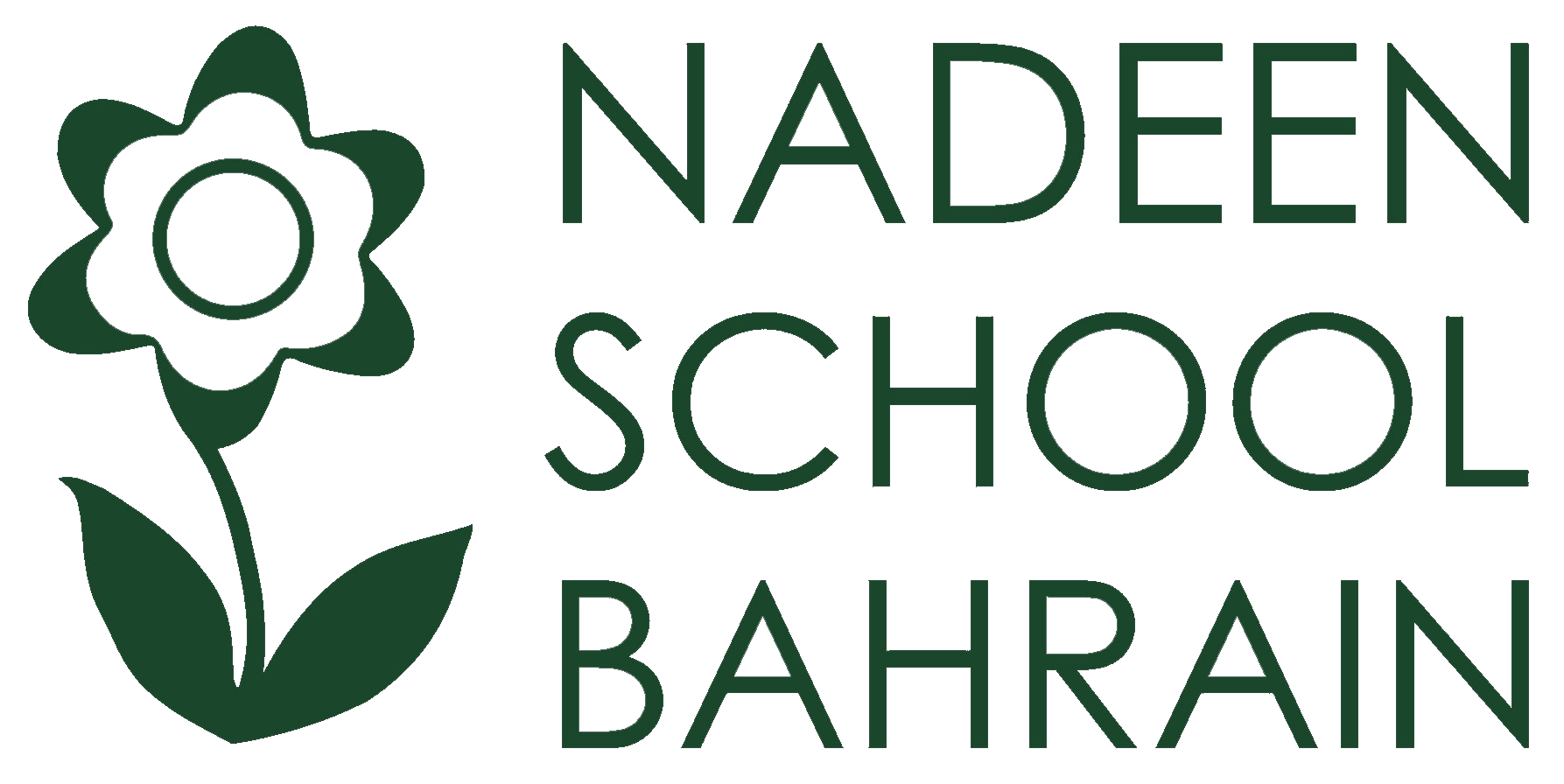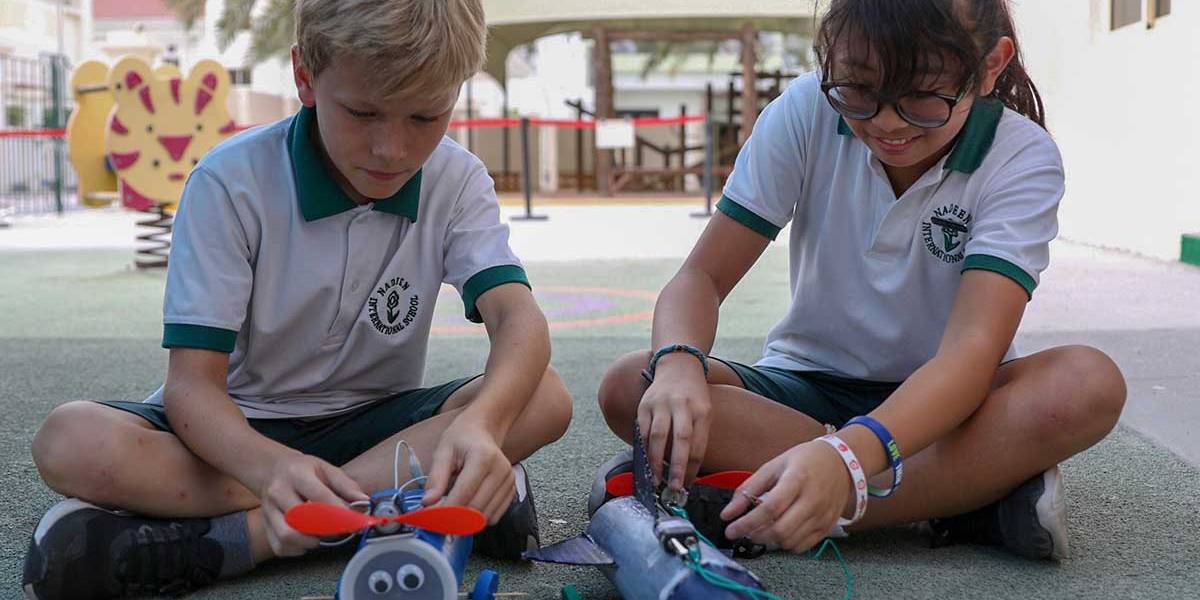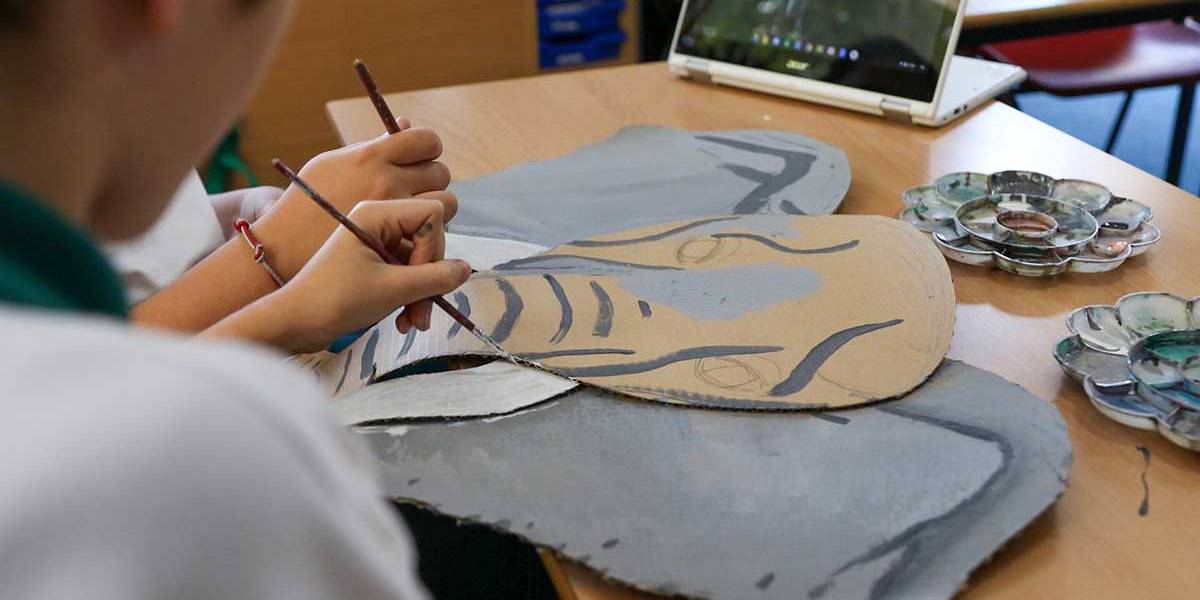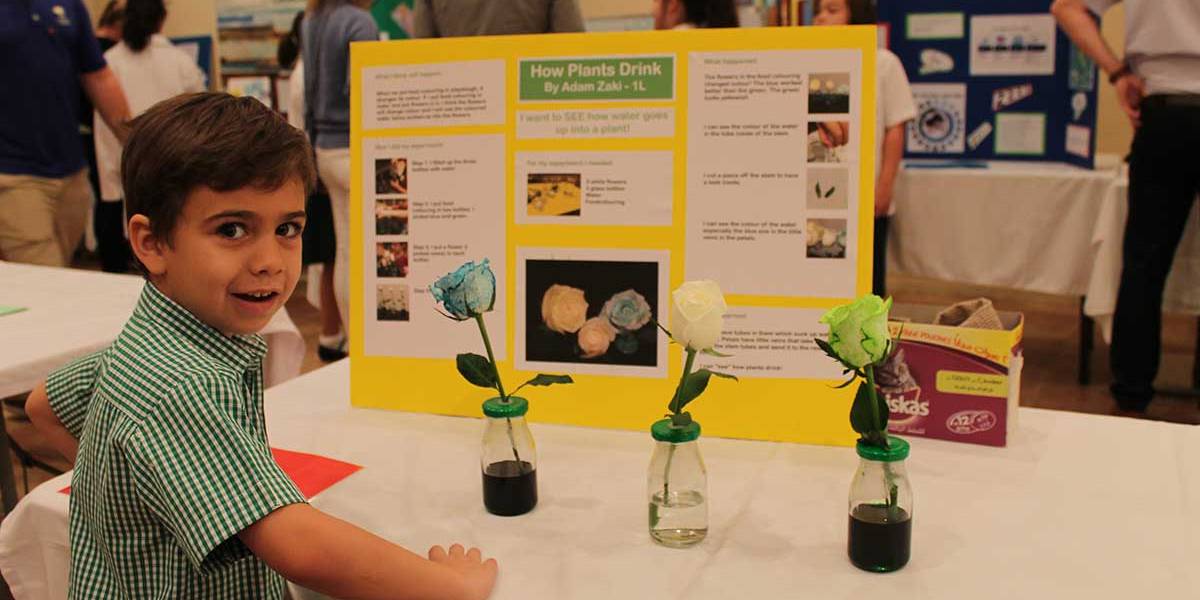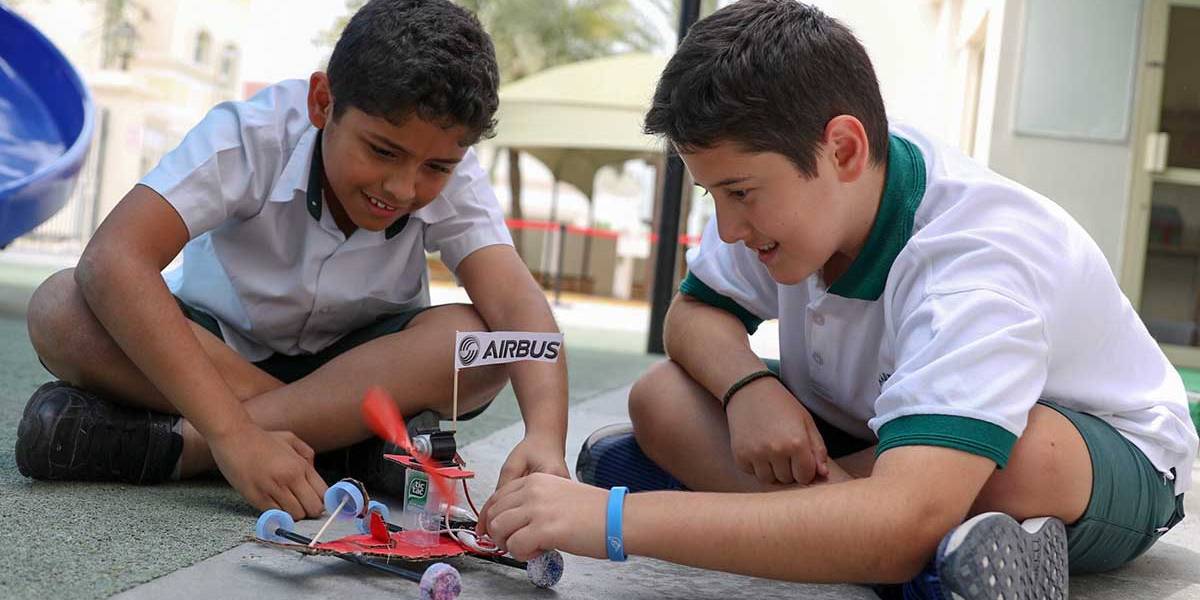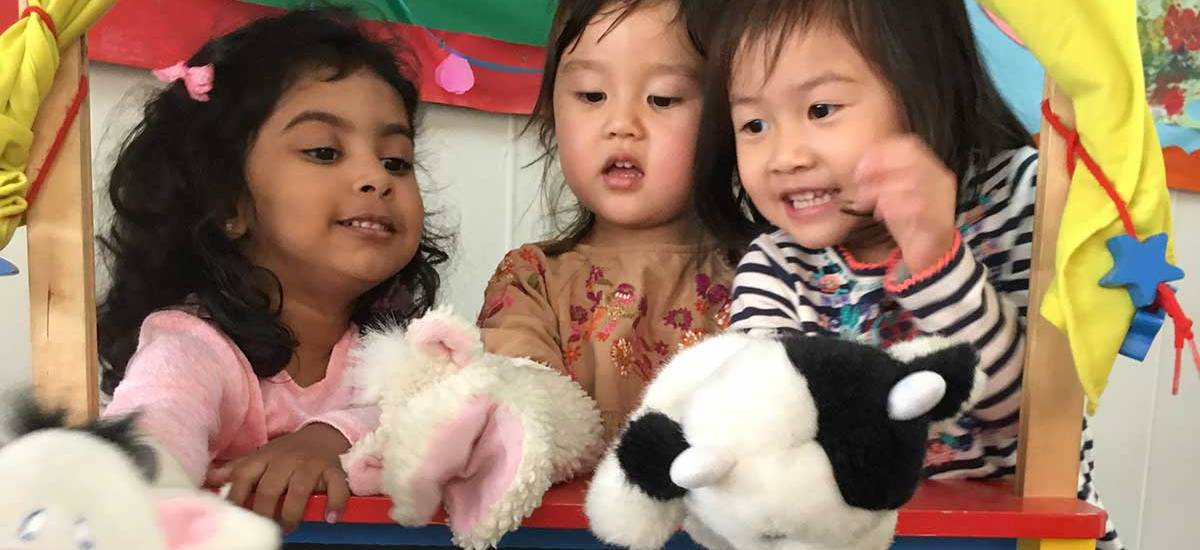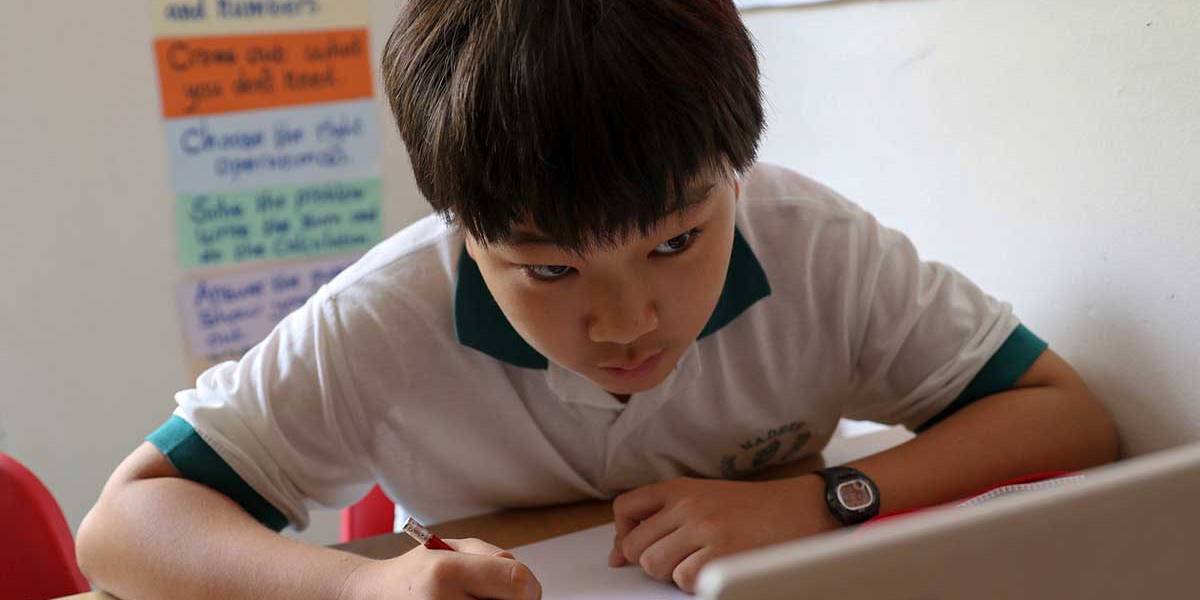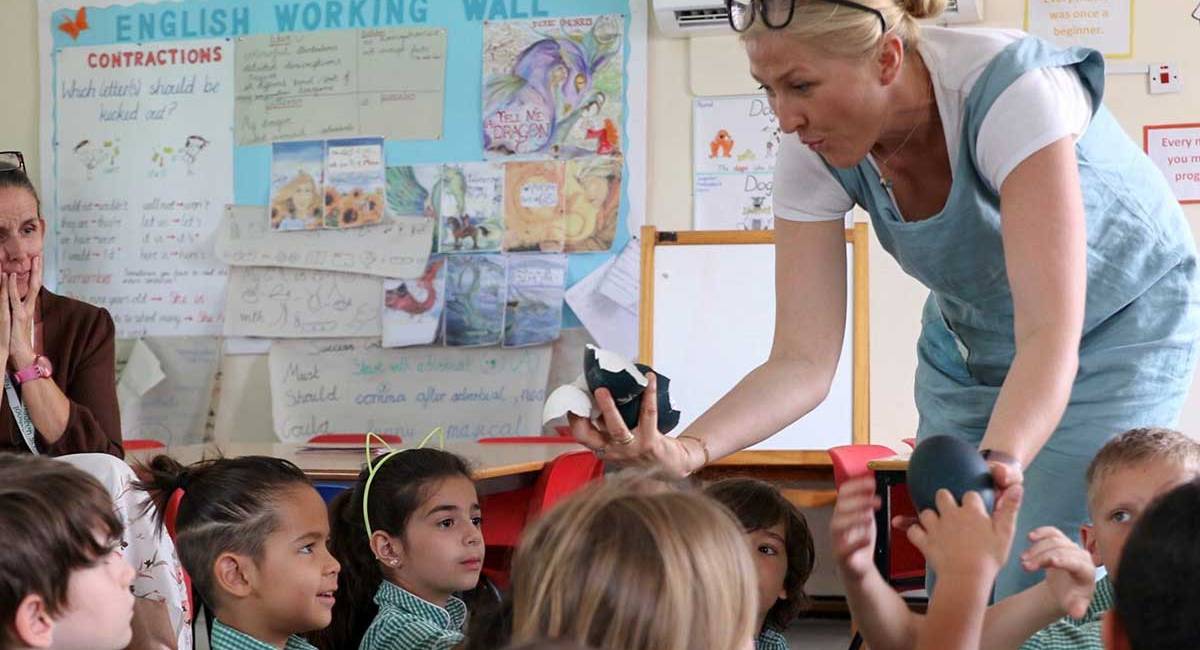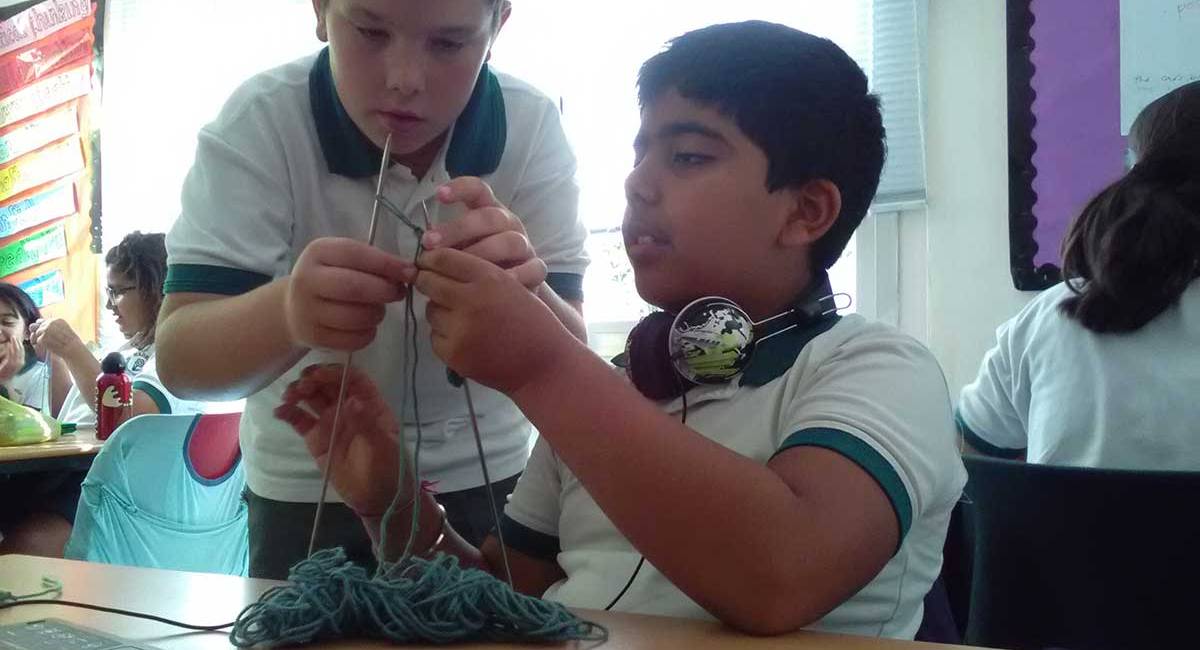Celebrating International Day of Play by Miss Emma
As we celebrate the first-ever International Day of Play on 11th June 2024, it is important to recognise the role of play at Nadeen and its implications for child development. Play is joyful and we must always remember that the feeling of joy should be part of childhood and it is certainly part of life at Nadeen from Early Years, into Primary School and through to our Secondary School. Beyond these feelings of joy, play has been demonstrated by research to be a cornerstone of cognitive, emotional, and social development in children. Integrating insights from educational philosophy and their own research, internationally renowned play advocates such as Dr. Peter Gray, Alison Gopnik, and William Doyle see the multidimensional benefits of play in nurturing our students at Nadeen. The teachers at Nadeen understand the purpose and value of play in our children’s daily lives.
“Play is, first and foremost, an expression of freedom. It is what one wants to do as opposed to what one is obliged to do. The joy of play is the ecstatic feeling of liberty.“
– by Dr Peter Gray

At Nadeen School, our outdoor areas, outdoor play equipment, and indoor shared areas provide the perfect opportunity for mixed-age play. For example, in our Early Years setting, children from ages two to five share an enclosed garden with opportunities for a wide range of play such as sensory play, construction play, role play, physical play, and risky play where they can challenge themselves and learn to manage their own risks in a safe environment. Our Early Years classrooms and shared areas also offer children a variety of playful experiences to support their learning and development.
When young children climb, swing, hang, dig, and scoop with different sensory materials, they develop important muscle strength and physical skills that support them to become readers and writers! By playing with objects and construction materials, children gain Mathematical understanding of concepts related to numbers, shapes, space, and measures. Children at Nadeen in Early Years also experience technology-based toys such as coding robots to support their development of digital literacy skills.
“At Nadeen, we have a strong emphasis on play because it is the foundation of learning and development in early childhood. Play is important for academics, as well as holistic growth and well-being.“
– by Miss Kacey Greig, Head of Early Years at Nadeen
“My favourite things to play are building and playdough. I like to put my models on the model shelf. Making pizza with playdough is fun.“
– by Leiah, age 5

As learners progress into Primary School at Nadeen, our Year 1 and Year 2 students have access to indoor play experiences in their classrooms, a playful indoor shared area with construction materials in abundance such as blocks and marble runs. During a busy day at Nadeen, you can often observe Year 1 and 2 students painting, role-playing, constructing, and accessing sand and water experiences in front of their classrooms to support their learning and development.
Our Year 3, Year 4, Year 5, and Year 6 students have access to construction materials and a wide range of board games to enjoy in shared areas together. The teachers at Nadeen believe in the value of play beyond the Early Childhood period and the daily schedule creates time for students to engage in their own open-ended play.
During their outdoor playtimes, our Primary School students at Nadeen engage in mud kitchen play, sand play, and block construction. They have opportunities for physical and risky play on a beautifully designed playground. They have time to set up their own sports activities and create their own games with rules.
As our students grow and develop at Nadeen play begins to look different as they move through the Key Stages and into Secondary School. However, with our through-school Cambridge International Curriculum from Year 1 upwards, the emphasis on playful learning opportunities remains present. Child development psychologists such as Jean Piaget and Lev Vygotsky found that students learn effectively when they construct knowledge together and play forms the perfect developmental opportunity for students to do so. Within play, students learn essential thinking skills, self-management skills, communication skills, and research skills. All of these skills create a continual thread through our Cambridge International Curriculum. In our Secondary School, for example, learning that gets students moving, using their hands and imaginations to create, constructing models to represent concepts, and using technology can be effective ways to support the development of working memory!
“Learning through play is not exclusively for the youngest children but remains an integral element of learning throughout our lives. By engaging in practice and play, we build positive associations with education that promotes and sustains a love of learning. Play promotes engagement and engagement promotes understanding. Either through competition, experimentation or exploration; playful learning and experiential learning leads to productive and happy students.“
– by Mr Phil Willis, Secondary Teacher of Science at Nadeen
“Play in Secondary can just be having fun and chatting with your peers and for you maybe fun can be something else like writing or even doing Maths! Play is what you like to do or enjoy doing and if that is Maths, writing or sport, then that is ok. We all perceive play differently.“
– by Anaya, Year 7

As well as these planned playful learning experiences, it is also a common occurrence at Nadeen to see Secondary students climbing on our outdoor equipment and enjoying some physical play with their peers! Play brings joy to all ages at Nadeen!
As Nadeen School nears the end of its first year on our new campus, we are excited about next year and the new spaces for play we can develop for our students.
Useful Reading References
Kingdon, Z. (2020). A Vygotskian Analysis of Children’s Play Behaviours.
Sahlberg, P., & Doyle, W. (2019). Let the Children Play: How More Play Will Save Our Schools and Help Children Thrive.
Gopnik, A. (2016). The Gardener and the Carpenter
Gray, P. (2013). Free to Learn: Why Unleashing the Instinct to Play Will Make Our Children Happier, More Self-Reliant, and Better Students for Life
Piaget, J. (1999). Play, Dreams and Imitation in Childhood.
